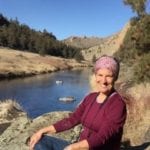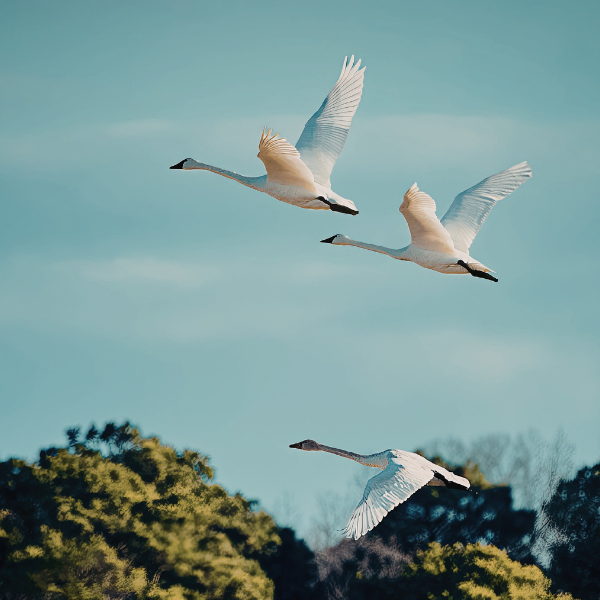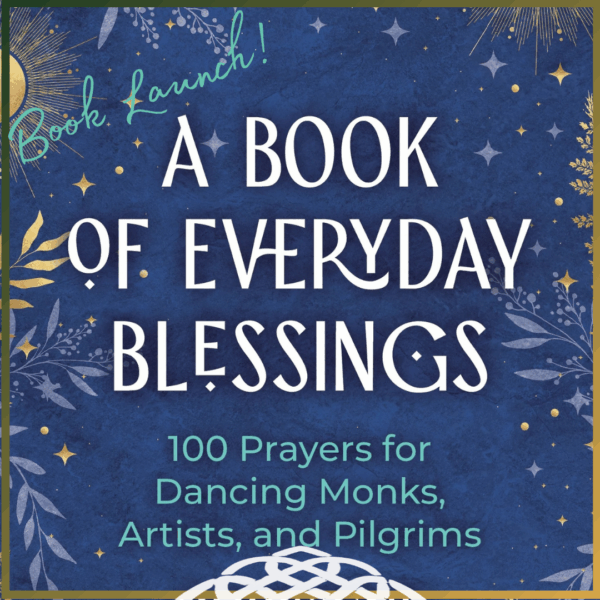I am delighted to share another beautiful submission to the Monk in the World guest post series from the community. Read on for Barb Morris’ reflection on the wild flow of the soul.
Parker Dam, the deepest dam in the world, sits on the lower Colorado River, on the border between California and Arizona. Both states siphon hundreds of trillions of gallons of water each year from Lake Havasu, the impoundment created by Parker Dam. California water travels more than two hundred miles west through a complex system of pumping stations, tunnels blasted through mountain ranges, and canals, all the way to Los Angeles. Arizona water travels more than three hundred miles east to Phoenix and Tucson. Colorado River water also irrigates tens of millions of agriculture acres in seven Western states. By the time the Colorado reaches Mexico, it’s virtually dry. Policy-makers at the turn of the last century wanted the Colorado River this way. Their stated goal was to siphon 100% of the river, and they succeeded. As a child growing up in Arizona, I took all of this for granted. These diversions are so embedded in the landscape that I simply didn’t see how the wild Colorado has been tamed to slake the thirst of human culture.
The Deschutes River, near where I live in Bend, Oregon, is similarly domesticated. Dams and irrigation diversions turn this unique spring-fed river ecosystem into an irrigation canal, reversing its natural flows with little concern for the wild organisms who depend on it. Fish and frogs have been sacrificed to meet the desires of humans who want to grow commodities and water their lawns. Many rivers in the West have suffered the same fate.
What do dams, diversions, and the domestication of wild rivers have to do with being a monk in the world?
Imagine your soul as a wild river, and imagine culture as the Army Corps of Engineers. Culture turns us from wild rivers into impounded, channelized canals, worrying more about what others think of us than the dictates of our true selves. Culture gives us rules to follow and promises us that if we follow the rules we’ll be safe.
Unlike rivers, we humans have a choice. We don’t have to placidly submit to being impounded, channelized, and siphoned off by the culture in which we are embedded. We can demolish the dams, block the diversions, and heal ourselves. We can be wild rivers again.
One downside to rewilding ourselves, though, is that perfection and “getting it right” are no longer possible. If there are no rules, there are no benchmarks for perfection. This is scary for those of us who are perfectionists. (But there’s an upside: if there are no rules, there are also no mistakes!)
Can we trust ourselves if we’re free from the constraints of culture’s rules? A wild river follows the dictates of nature and the laws of physics. Our wild soul follows the direction of deeply-held values and deeply-held desires.
Here’s where my metaphor connects to being a Monk in the World. Our unique values and desires arise from that place deep within us where we connect to God, what Parker Palmer calls our “taproot.” That’s mixing my metaphors, so let’s imagine the soul as a spring connected to a deep aquifer called God. Clearing obstacles to the water’s flow from the aquifer to the world’s surface is what monks do. Contemplation, followed by action, is how we stay connected to our Source and let God move through us to a thirsty world. When we practice discernment rooted in Monk in the World disciplines, we can trust ourselves to follow our hearts.
Listen to the words of our own Christine Valters Paintner, from The Soul of a Pilgrim:
“We are brought into the world with what many indigenous cultures call ‘original medicine.’ This means that we are unique creations. We’ve never been in the past and won’t be in the future. No one carries the same combination of gifts, talents, resources, opportunities, and challenges. This unique alchemy is our ‘original medicine.’ St. Ignatius of Loyola, a sixteenth-century mystic, said that the deepest desires of our heart are planted by God.
‘Medicine’ is not just referring to a healing balm or potion. Our unique abilities contain our power to act in the world. They enable us to explore, discover, express, and heal. Our original medicine emerges from our ‘true self.’ Thomas Merton, in New Seeds of Contemplation, describes this concept as our deepest selves when we have stripped away self-deception, self-criticism, self-inflation, masks, expectations, and judgments: ‘For me to be a saint means to be myself. Therefore the problem of sanctity and salvation is in fact the problem of finding out who I am and of discovering my true self. God leaves us free to be whatever we like. We can be ourselves or not, as we please. We are at liberty to be real, or to be unreal. We may be true or false, the choice is ours. We may wear now one mask and now another, and never, if we so desire, appear with our own true face.’”
We live and move and have our being in the heart of a wild God. When you are radically rooted in Monk in the World disciplines, you’ll acquire the discernment to chart your own course. Trust your wild nature, and flow!
 Barb Morris is a life coach, writer, and freerange naturalist living in Bend, Oregon with her Episcopal priest husband. You can connect with her at BarbMorris.com.
Barb Morris is a life coach, writer, and freerange naturalist living in Bend, Oregon with her Episcopal priest husband. You can connect with her at BarbMorris.com.


